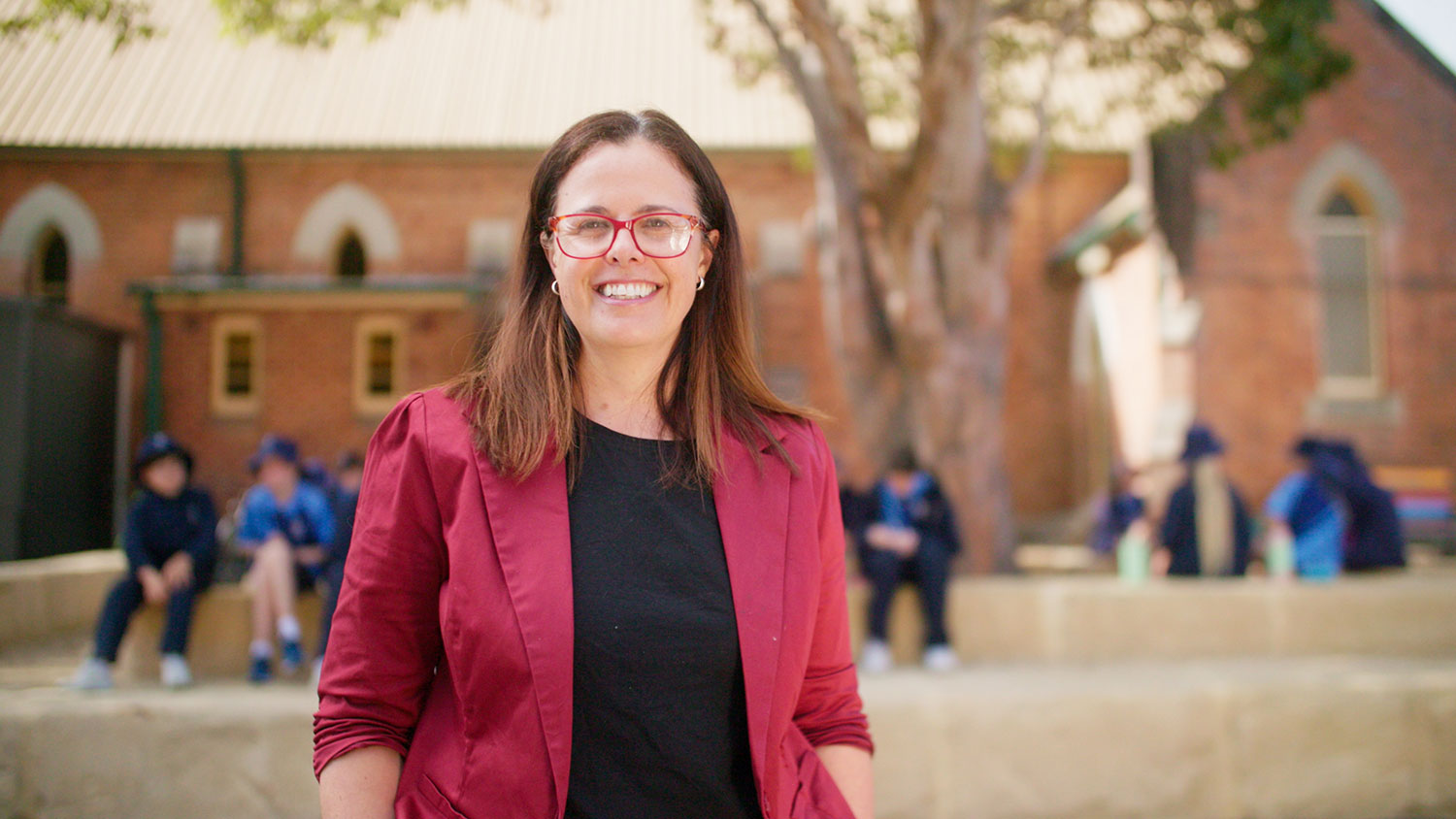Heart of the problem is short lifespan of disease prevention programs
Researchers will place Australia’s heart disease prevention programs under the microscope to determine why many fail to last beyond two years - and will develop solutions to help sustain them long-term.
 University of Newcastle Associate Professor Nicole Nathan, a Hunter New England Local Health District Public Health Manager and Program Director of HMRI’s Population Health program, has been awarded a $650,000 National Heart Foundation Future Leader Fellowship to investigate the barriers to long-term operation of heart disease prevention programs - and create systems to address them.
University of Newcastle Associate Professor Nicole Nathan, a Hunter New England Local Health District Public Health Manager and Program Director of HMRI’s Population Health program, has been awarded a $650,000 National Heart Foundation Future Leader Fellowship to investigate the barriers to long-term operation of heart disease prevention programs - and create systems to address them.
Heart disease is one of Australia’s biggest killers. Every year, governments invest millions of dollars in prevention programs within schools, early childhood education, workplaces, and sporting clubs, helping people build healthy habits such as eating well, staying active, and avoiding smoking—to lower their risk of heart disease.
However, research has shown only 23 per cent of these programs continue beyond two years. Associate Professor Nathan, a behavioural and implementation scientist, said heart disease prevention programs needed to be in place, long term, to be effective in improving heart health.
Co-designed with the people who run and use these programs, the research will provide practical solutions for policymakers, health professionals, and community groups to help keep effective programs in place, ensuring more people benefit from long-term health initiatives that lower their risk of heart disease.
Associate Professor Nathan, who is Deputy Director of the National Centre of Implementation Science, said embedding findings into policy and practice, would help build stronger, longer-lasting heart disease prevention programs that would protect community health for future generations.
HMRI is a partnership between the University of Newcastle, Hunter New England Health and the community.
Contact
- Media and Communication Specialist Carmen Swadling
- Email: carmen.swadling@newcastle.edu.au
Related news
- Don’t let perfect get in the way of good uni reforms
- Post‑mining research comes to life in community art exhibition
- From Delhi to Newcastle, full tuition scholarship makes STEM dreams come true
- World-leading MRI upgrade boosts research capability at HMRI Imaging Centre
- New equipment brings cancer's complexity into focus
The University of Newcastle acknowledges the traditional custodians of the lands within our footprint areas: Awabakal, Darkinjung, Biripai, Worimi, Wonnarua, and Eora Nations. We also pay respect to the wisdom of our Elders past and present.

